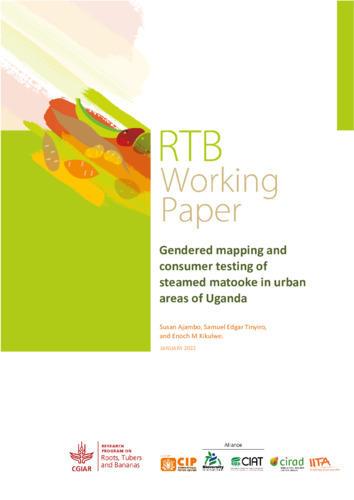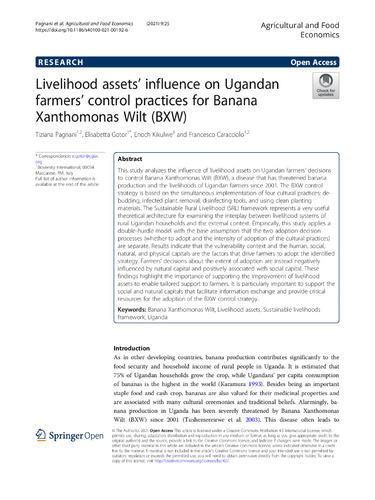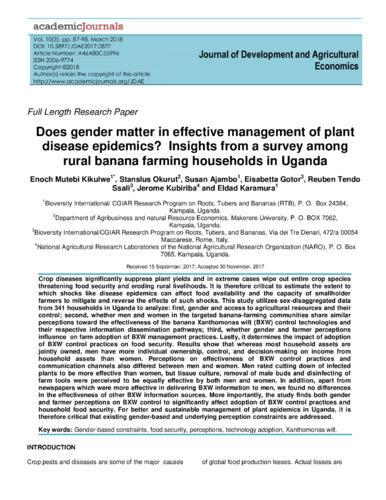Strategic Analysis for Impact with a Gender Focus
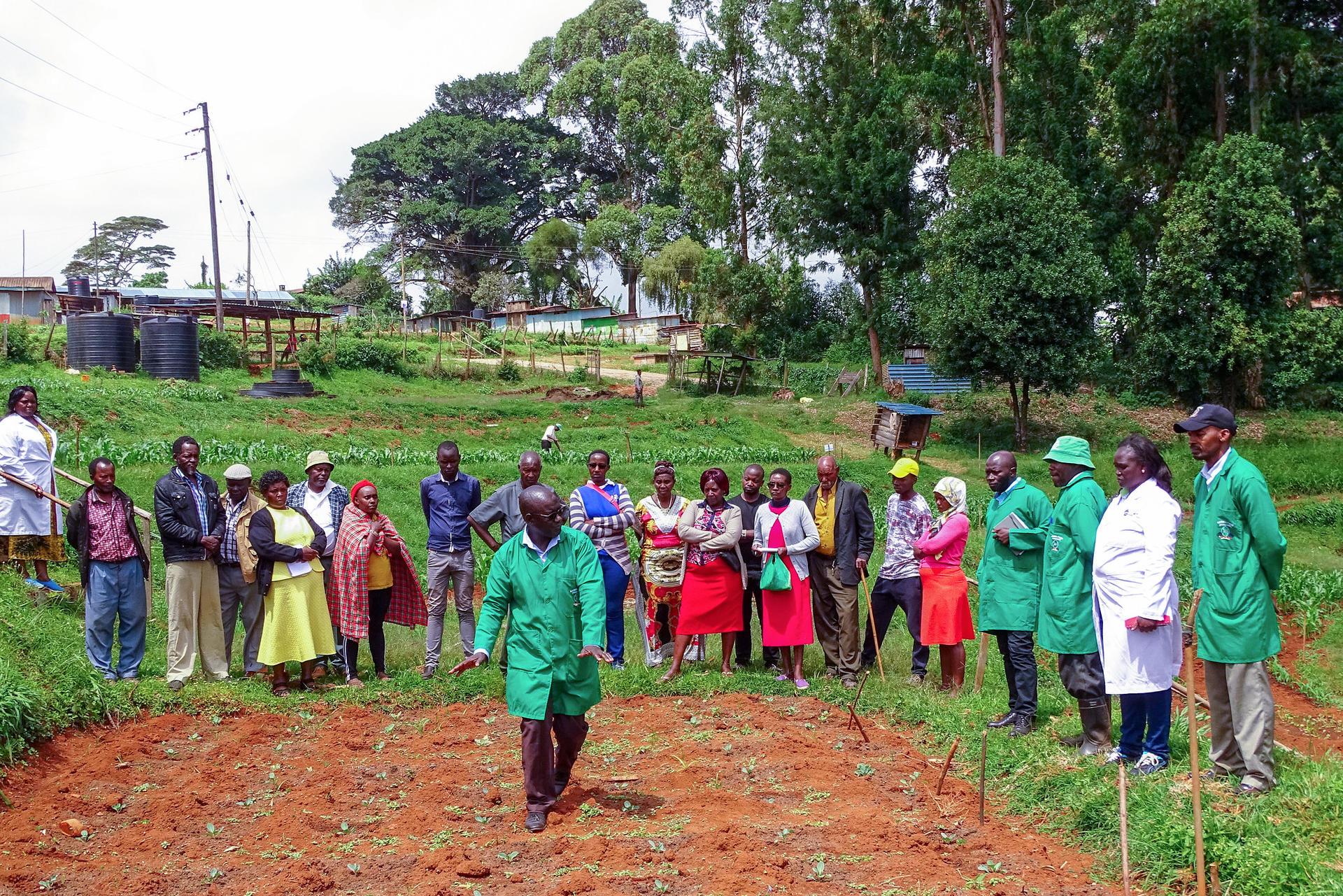
To positively transform people's lives through food systems innovation, innovation must follow scalable approaches based on a well-founded theory of change and relevant indicators. A key starting point is to understand how all population groups, including women, can become catalysts for change. It is also important to identify the factors that influence women and vulnerable groups’ adoption of these innovations, assessing their impact on household resilience and gender equality.
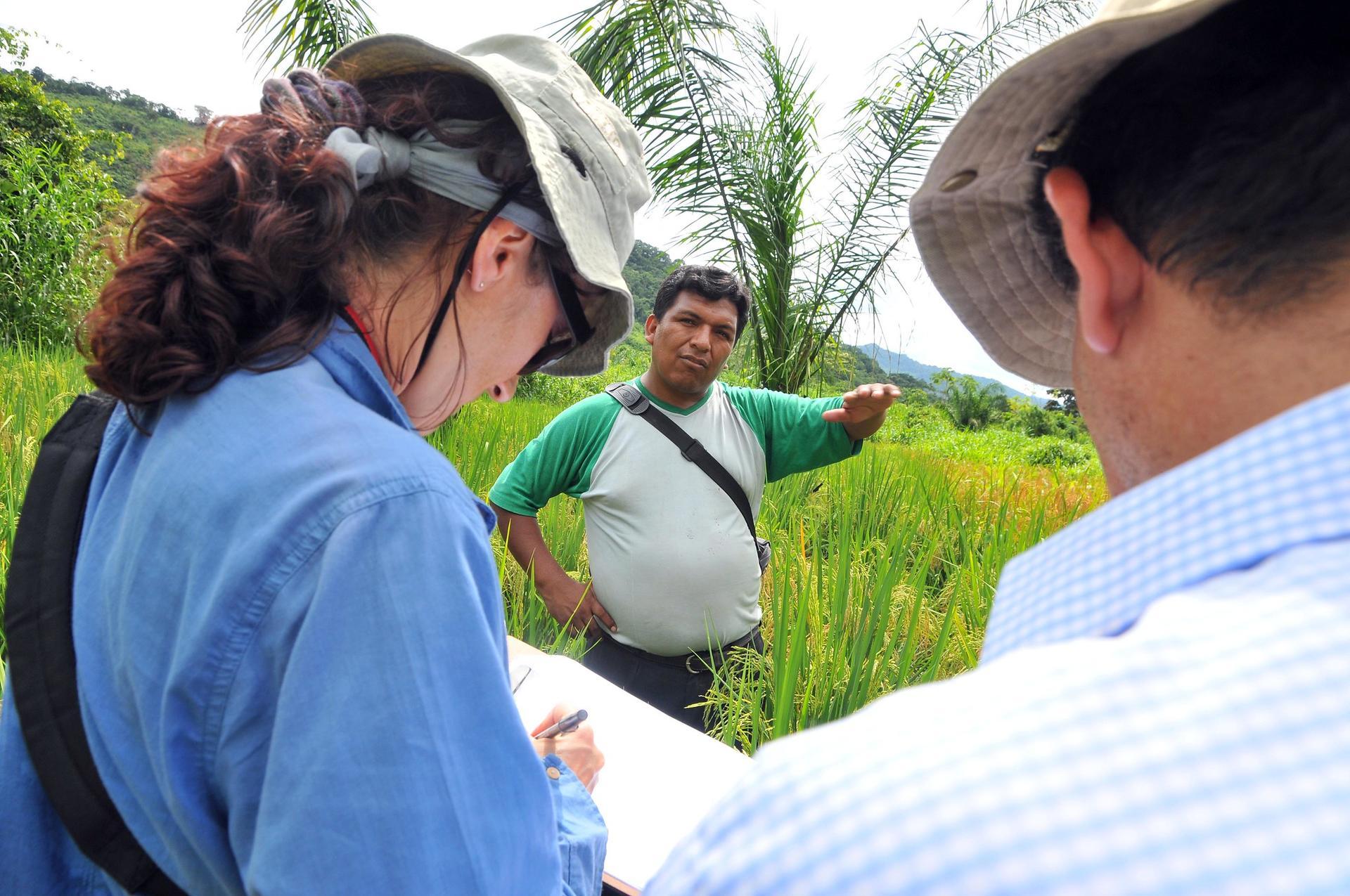
We focus on understanding and measuring the pivotal role that women play in resource management, using a holistic approach that considers all aspects of women’s lives, paving the way for comprehensive impact assessments.
To reduce the gender gap, topics we address through our research at the Alliance include:
- the role of women in pest and disease management, and its impact on food security,
- the role of women in the adoption and management of improved crop varieties,
- how and to what extent biodiversity-based interventions are impacting women's empowerment, poverty reduction, food security, nutrition, sustainable rural livelihoods and resilience,
- the gender dimension of climate change adaptation and the impacts on agricultural yields and food security, and,
- women’s participation in and benefits from home gardens and nutrition-sensitive programs.
Examples of our work
Outcome Story: Home Gardens, Income Effects and Nutrition Status
Home gardens have been an essential part of recent interventions to improve nutrition. Using data from approximately 1,900 households from vulnerable population groups in Odisha, India, we used econometric techniques to analyze the effects of home gardens on food security, diet quality, child anthropometry and household income.
In general, it was found that home gardens improve household food security, increase incomes, and improve the diets of both women and men. The results suggest that when women are given equal access to resources for home gardens it leads to significantly higher incomes in female-headed households compared to male-headed households. This suggests that home gardens can help boost livelihoods of low-income female-headed households more than for male-headed households."
Interestingly, heterogeneous impact analysis shows that having a home garden increases food security and monthly income per adult in all quantiles, but the gains for the poorest households are smaller than those for wealthier households, suggesting that although home gardens improve food security and income, they may increase inequality.
Outcome Story: Gender in Effective Management of Banana Disease
One Alliance study used sex-disaggregated data from 341 households in Uganda to analyze:
- The role of gender in accessing agricultural resources,
- whether women and men in the targeted banana-farming communities share perceptions of the effectiveness of the banana xanthomonas wilt (BXW) control technologies and their information dissemination pathways,
- whether gender perceptions influence on-farm adoption of BXW management practice, and,
- the impact of adoption of BXW control practices on food security.
Research results show that whilst most household assets are jointly owned, men have more ownership and control of household income and assets than women. Perceptions on the effectiveness of BXW control practices also differ between men and women: More men than women believed the cutting of infected plants to be effective, whilst the effectiveness of removing buds and disinfecting farm tools were agreed on by women and men equally. Therefore, for improved management of plant epidemics in Uganda, it is critical that underlying gender-based perception constraints are addressed.
Researchers working on this topic:

Elisabetta Gotor
Director Land Resource Economics Unit and Program Leader ∙ Performance, Innovation and Strategic Analysis for Impact (PISA4)
Carolina Gonzalez
Thematic Leader
Jonathan Mockshell
Scientist and Project Leader
Enoch Kikulwe
Senior ScientistLatest Publications

